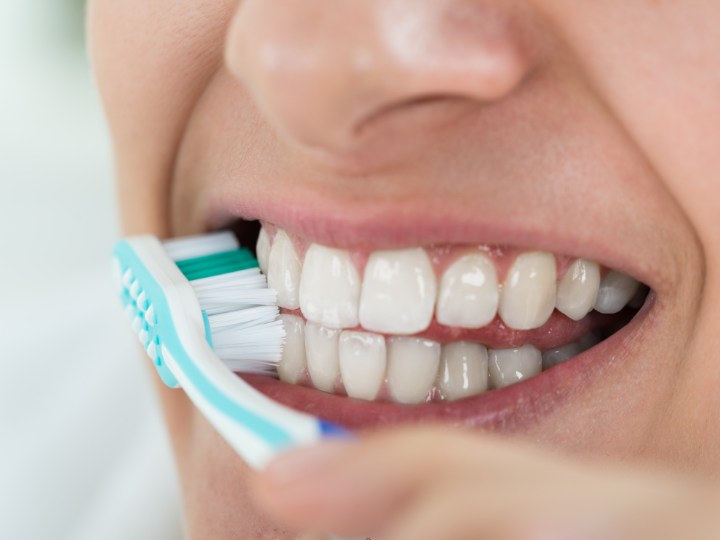Understanding oral health goes beyond diet, hygiene, and lifestyle choices. Genetics also play a significant role in determining a person’s susceptibility to dental issues and the alignment of their teeth. Consulting with a dentist in schofields can help identify inherited risks and develop personalised strategies to maintain optimal oral health. By exploring how genetics influence oral conditions and tooth alignment, families can take proactive measures to preserve healthy smiles for life.
How Genetics Influences Oral Health
Susceptibility to Tooth Decay
Some individuals are genetically predisposed to weaker enamel, making them more prone to cavities. Variations in genes can affect enamel composition, saliva production, and even the mouth’s bacterial environment. These inherited traits can increase the likelihood of decay, regardless of oral hygiene practices.
Gum Health and Periodontal Disease
Genetic factors can also influence gum tissue health. Studies have shown that individuals with a family history of periodontal disease may have a higher risk of developing inflamed gums, gum recession, and bone loss around teeth. Recognising this predisposition early allows for preventive measures such as frequent dental check-ups and targeted oral care routines.
Oral Sensitivity and Pain Response
Genetics can affect how the body perceives pain and sensitivity in teeth. Some people may naturally have heightened sensitivity, which can influence their brushing habits and overall oral care. Understanding these tendencies helps dentists provide personalised advice for managing discomfort while maintaining oral hygiene.
Genetics and Tooth Alignment
Inherited Jaw Structure
The size and shape of the jaw are largely influenced by genetics. A mismatch between jaw size and tooth size can result in crowded teeth, spacing issues, or malocclusion (misaligned bite). These alignment issues often require orthodontic intervention to correct and ensure proper function of the teeth and jaws.
Impact on Bite and Occlusion
Bite problems such as overbite, underbite, or crossbite can run in families. Genetic factors can determine how the upper and lower jaws grow and develop, affecting how teeth meet and function together. Early assessment by an orthodontist can help identify potential problems before they worsen.
Tooth Shape and Size
Even the shape and size of teeth are influenced by heredity. Variations can lead to uneven spacing or irregular tooth positioning. For example, smaller teeth in a larger jaw may create gaps, while larger teeth in a smaller jaw can cause crowding.
Mitigating Genetic Risks
Early Assessment and Intervention
Regular dental visits from an early age allow dentists to monitor development and identify potential alignment or oral health issues. Early intervention can prevent minor concerns from becoming complex problems in adulthood.
Personalised Oral Care
Knowing one’s genetic predisposition allows for customised oral hygiene routines. For example, individuals prone to enamel weakness may benefit from fluoride treatments, specialised toothpaste, or diet modifications to protect teeth.
Orthodontic Solutions
For inherited misalignment or bite issues, orthodontic treatments like braces or Invisalign can provide long-term solutions. Early intervention, often in childhood, can guide proper jaw growth and ensure optimal tooth positioning.
Lifestyle Factors Still Matter
While genetics play a role, they are not the sole determinant of oral health. Diet, daily oral care, and regular dental visits remain critical. Combining proactive care with an awareness of genetic predispositions gives the best chance of maintaining healthy teeth and gums.
Final Thought
Genetics significantly influence both oral health and tooth alignment, shaping everything from enamel strength to jaw structure. By understanding these inherited factors and combining this knowledge with preventive care, individuals can mitigate risks and maintain healthy, functional smiles. Consulting with a dentist in schofields for personalised advice and early intervention strategies ensures that genetic predispositions do not dictate your oral health outcomes.













Leave a Reply